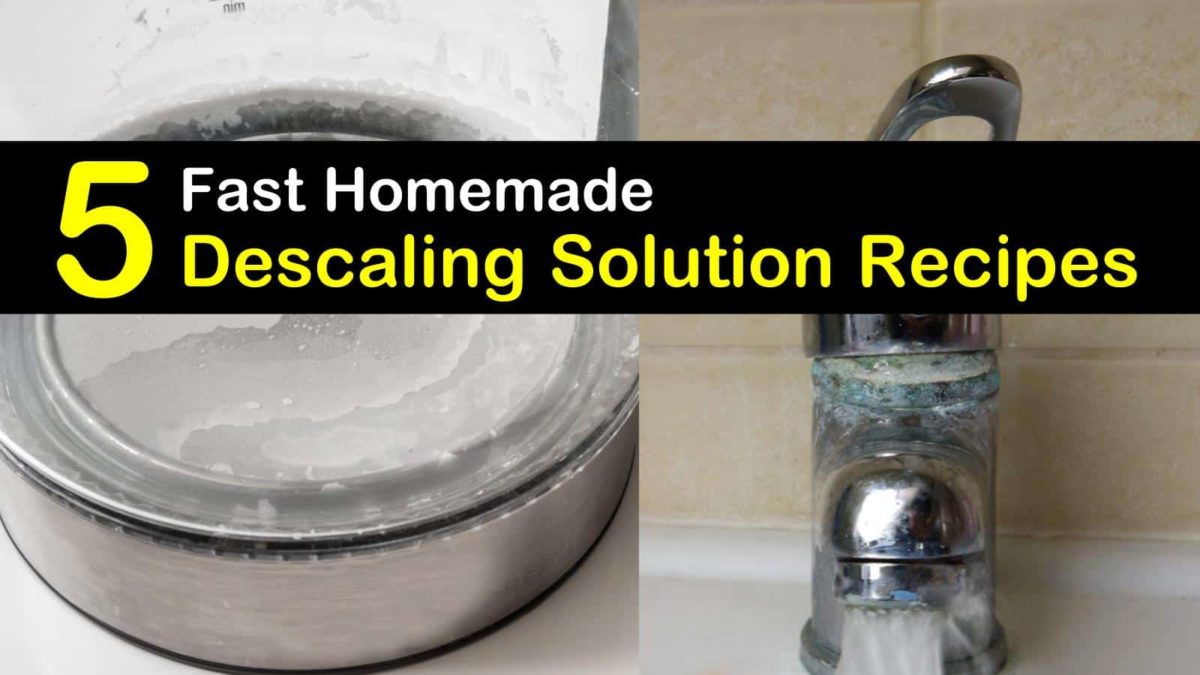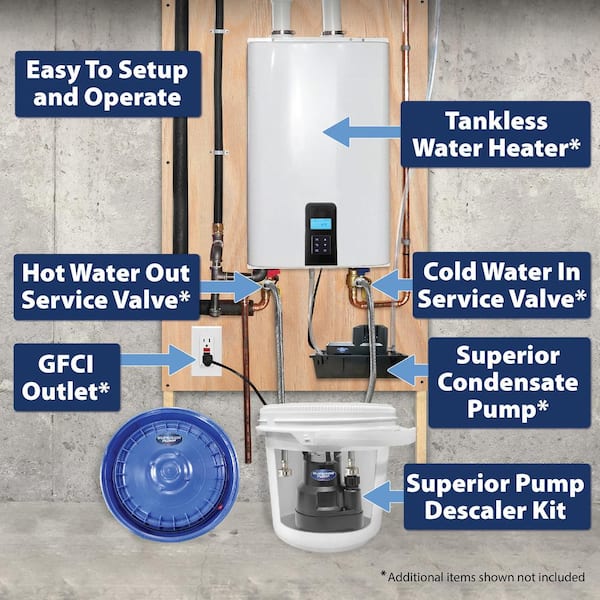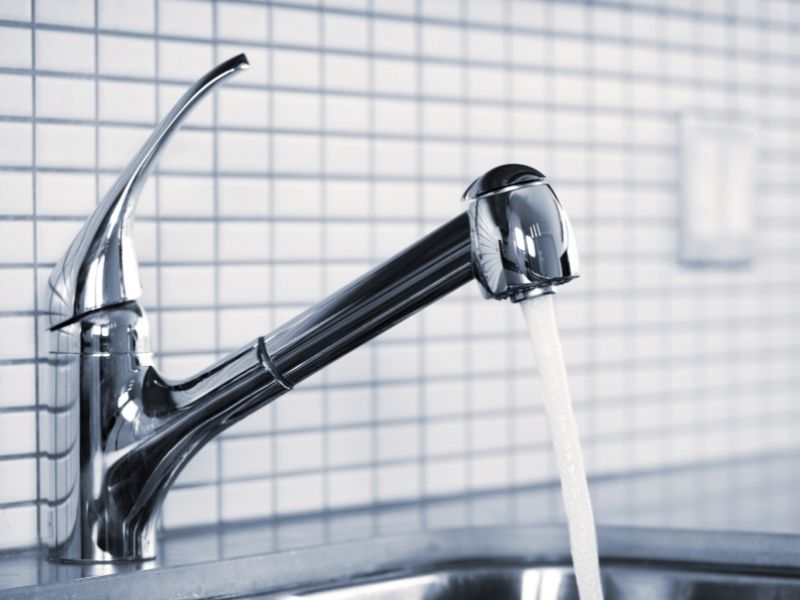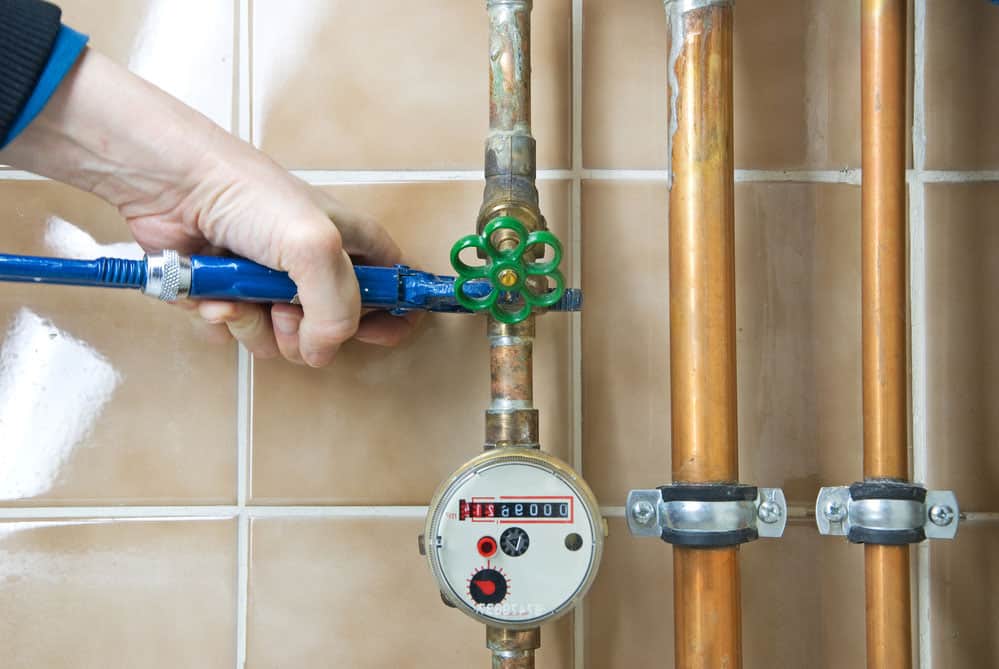The Comprehensive Guide To Whole-Home Water Descaling: Protecting Your Plumbing And Appliances
The Comprehensive Guide to Whole-Home Water Descaling: Protecting Your Plumbing and Appliances
Related Articles: The Comprehensive Guide to Whole-Home Water Descaling: Protecting Your Plumbing and Appliances
Introduction
With enthusiasm, let’s navigate through the intriguing topic related to The Comprehensive Guide to Whole-Home Water Descaling: Protecting Your Plumbing and Appliances. Let’s weave interesting information and offer fresh perspectives to the readers.
Table of Content
The Comprehensive Guide to Whole-Home Water Descaling: Protecting Your Plumbing and Appliances

Hard water, a common issue in many households, is characterized by high mineral content, primarily calcium and magnesium. While these minerals are essential for human health, their presence in water can lead to various problems, ranging from aesthetic inconveniences to costly repairs. This is where whole-home water descalers come into play, offering a comprehensive solution to combat the negative effects of hard water.
Understanding Hard Water: The Root of the Problem
Hard water is formed when rainwater percolates through limestone, chalk, or other mineral-rich deposits, dissolving calcium and magnesium ions. These ions enter the water supply and are carried into homes, where they can cause a range of issues:
1. Plumbing Problems:
- Scale Buildup: Calcium and magnesium ions react with heat and pressure, forming a hard, crusty deposit called scale. This scale accumulates inside pipes, reducing water flow and increasing pressure, ultimately leading to blockages and pipe bursts.
- Reduced Efficiency: Scale buildup in water heaters, boilers, and other appliances hinders heat transfer, reducing their efficiency and increasing energy consumption.
- Corrosion: Hard water can contribute to corrosion of plumbing fixtures, leading to leaks and premature failure.
2. Appliance Damage:
- Washing Machine: Hard water can leave mineral deposits on clothes, making them feel stiff and scratchy. It can also damage washing machine components like heating elements and hoses.
- Dishwashers: Dishes washed in hard water often have a cloudy, film-like residue. Hard water can also damage dishwasher components and reduce their lifespan.
- Coffee Makers: Scale buildup in coffee makers can affect the taste and quality of coffee, making it bitter and metallic. It can also damage the appliance.
3. Skin and Hair Issues:
- Dry Skin and Hair: Hard water strips natural oils from the skin and hair, leaving them feeling dry and brittle.
- Itchiness and Irritation: Hard water can irritate sensitive skin, causing itching and dryness.
Whole-Home Descalers: A Comprehensive Solution
Whole-home water descalers address the problem of hard water at its source, treating the entire water supply entering a home. They utilize various methods to remove or reduce the mineral content, preventing the formation of scale and mitigating the negative effects of hard water.
Types of Whole-Home Descalers:
- Ion Exchange Water Softeners: These descalers utilize a process called ion exchange, where hard water is passed through a resin bed containing sodium ions. The resin exchanges sodium ions for calcium and magnesium ions, effectively softening the water.
- Electronic Descalers: These descalers use electromagnetic fields to alter the structure of calcium and magnesium ions, preventing them from bonding and forming scale.
- Salt-Free Water Conditioners: These descalers use a combination of filtration and a proprietary blend of minerals to prevent scale formation without removing calcium and magnesium ions.
Benefits of Whole-Home Descaling:
- Improved Plumbing Efficiency: By preventing scale buildup, whole-home descalers ensure efficient water flow and reduce the risk of pipe blockages and leaks.
- Extended Appliance Lifespan: Reduced scale buildup prolongs the lifespan of water heaters, boilers, washing machines, dishwashers, and other appliances, saving on repair and replacement costs.
- Enhanced Water Quality: Descaled water tastes better, feels softer on the skin, and is gentler on hair, improving overall water quality.
- Reduced Energy Consumption: By improving appliance efficiency, whole-home descalers contribute to lower energy consumption and reduced utility bills.
- Environmental Sustainability: Descalers reduce the need for harsh chemicals and contribute to a more sustainable lifestyle.
Choosing the Right Descaler:
The best type of whole-home descaler for a specific household depends on factors such as water hardness levels, budget, and personal preferences.
- Ion Exchange Water Softeners: These are highly effective in reducing hard water but require regular maintenance and salt regeneration.
- Electronic Descalers: These are generally more affordable and require less maintenance than ion exchange softeners but may not be as effective in areas with very hard water.
- Salt-Free Water Conditioners: These are a good option for those concerned about sodium intake or environmental impact, but they may not be as effective as ion exchange softeners.
FAQs About Whole-Home Descalers:
1. How Often Should I Replace the Resin in My Water Softener?
The frequency of resin replacement depends on the water hardness levels and usage patterns. Typically, resin needs replacement every 5-10 years.
2. Is a Descaler Necessary for Every Home?
While not every home requires a descaler, it is highly recommended for areas with hard water to mitigate the negative effects.
3. Can a Descaler Remove All Minerals from Water?
Most descalers focus on reducing calcium and magnesium ions, but they may not remove all minerals.
4. What Are the Maintenance Requirements for a Descaler?
The maintenance requirements vary depending on the type of descaler. Ion exchange softeners require salt regeneration, while electronic descalers typically require minimal maintenance.
5. What is the Cost of Installing a Descaler?
The cost of installing a descaler varies based on the type of system, size of the home, and labor costs.
Tips for Maintaining a Whole-Home Descaler:
- Regular Maintenance: Follow the manufacturer’s recommendations for regular maintenance, including salt regeneration for ion exchange softeners.
- Water Testing: Regularly test your water hardness levels to ensure the descaler is functioning properly.
- Professional Inspection: Schedule periodic inspections by a qualified technician to ensure the descaler is operating optimally.
- Filter Replacement: Replace filters as recommended by the manufacturer to maintain optimal performance.
Conclusion:
Whole-home descalers offer a comprehensive solution to combat the negative effects of hard water, protecting plumbing systems, extending appliance lifespans, and improving water quality. By understanding the benefits and choosing the right descaler based on individual needs, homeowners can enjoy the advantages of soft water and ensure a more comfortable and sustainable living environment.








Closure
Thus, we hope this article has provided valuable insights into The Comprehensive Guide to Whole-Home Water Descaling: Protecting Your Plumbing and Appliances. We thank you for taking the time to read this article. See you in our next article!
You may also like
Recent Posts
- Shaping The Homes Of Tomorrow: Home Decor Trends For 2025
- Navigating The Evolving Landscape Of Home Decor Trends: A Comprehensive Guide
- Weaving History And Home: A Guide To Unique Vintage Farmhouse Decor
- The Enduring Appeal Of Wooden Duck Home Decor: A Timeless Symbol Of Nature And Serenity
- Beyond The Ordinary: A Guide To Unique Home Decor Accessories
- Navigating The Fast Fashion Landscape: Exploring Alternatives To SHEIN
- A Global Network Of Home Improvement: The Reach Of The Home Depot
- Finding The Perfect Pieces: A Guide To Home Decor Shopping
Leave a Reply